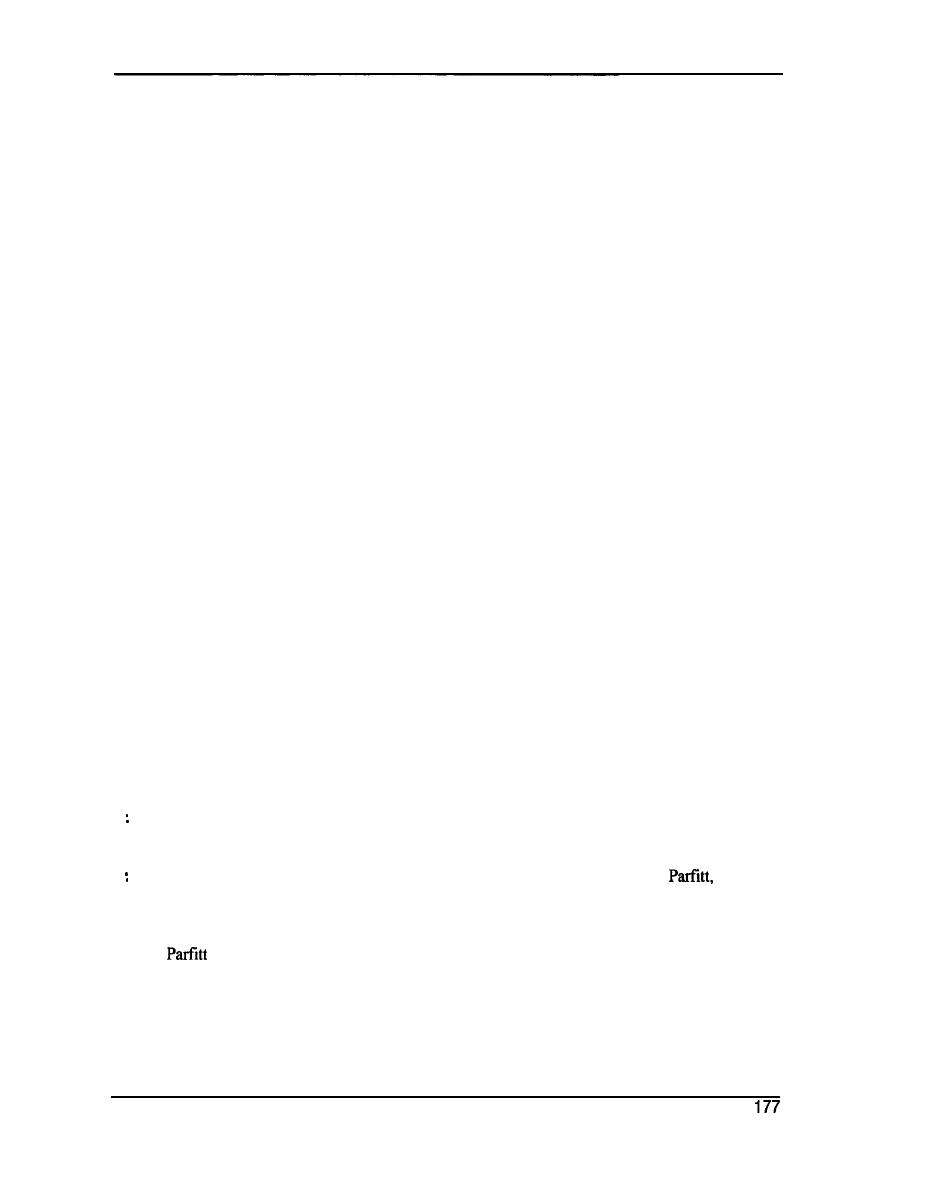
John W. Morris
commanding general of the U.S. military mission, should be in charge of everything in that
country involving U.S. personnel.
Having just departed Saudi Arabia, I was up in Brussels visiting General Haig's headquarters.
Also, I had a very bad cold, but on learning of Secretary Clements' interest, I decided we had
to get back to Riyadh. We were able to get a helicopter from NATO [North Atlantic Treaty
Organization] to go to Orly, and fly from there into Saudi Arabia. Lieutenant Colonel Jack
Clifton was with me. We had some difficulties because of weather, but all that worked out and
I got back to Saudi at 0600 and went right to this meeting. At the end of his visit Secretary
Clements decided not to make that change.
While in country, Secretary Clements dedicated some facilities for the National Guard and
I was able to spend time with him. It was during that period of association and discussions that
I think he decided not to make a change. That was a near thing because, while we would not
have lost the mission, we could have lost control.
We had another little event which maybe shouldn't go in here but it was important and
humorous in a way. General Haig had been replaced by General Rogers at SHAPE [Supreme
Headquarters, Allied Powers, Europe]. In Saudi, of course, you're not supposed to drink
alcoholic beverages. There was an arrangement made with the Saudi government which was
well recognized and well managed allowing the Corps to import alcoholic beverages and
distribute them within the U.S. compounds with the understanding that the whiskey would not
go outside the compound and that we'd remove labels and break the bottles.
When the sergeant major of the U.S. military mission was replaced, he told his successor,
"One of your most important duties is to handle the Class VI distribution." Well, the new
sergeant major didn't keep that as close hold as he should have and the word got back to
General Rogers. Rogers said, "Quit sending whiskey into Saudi Arabia." That decision
threatened to be a big morale problem as you can imagine.
Fortunately, we had enough supply on hand that we could stop temporarily. Finally, I called
General Rogers on the phone and explained to him the impact of his decision. So he finally
said, "It's your problem. Solve it, but I don't ever want to hear about it again."
So there were two close calls in things that affected our program. We successfully survived
Mr. Clements' initial ideas and also kept our spirits.
Q ..
It's interesting, the story you said about the Corps' getting out of Saudi Arabia. I interviewed
General Bill Wray in 1987, and his objective, he said, and he was there at the close-out, was
to get the Corps out, to get it out with its dignity.
A
Well, that was the policy.
Q ..
And to leave.
A
I'll tell you how that came about. Another good friend of mine, General
had been
governor of the Panama Canal, and when the decision was made by President Carter to
relinquish the canal, the position of the governor and the canal company was immediately
impacted. I felt that the Corps had been summarily dismissed from Panama. Although General
did a magnificent job in closing out his operation, we didn't want a similar event to
happen again in Saudi Arabia. So we did start, years ahead, to plan a proper departure with
the flags flying, morale high, and a fond farewell.



 Previous Page
Previous Page
